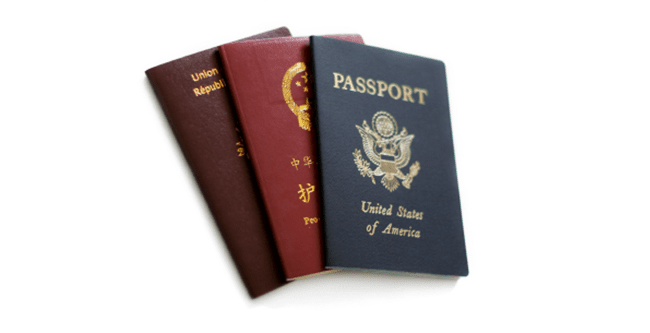Selling citizenship and residency wrapped up as investment programs is big business for many nations.
The industry is reckoned as worth $2 billion a year as an increasing number of wealthy individuals ride a merry-go-round of swapping countries to gain the advantage of a better passport or lower taxes.
Passport control for the wealthy is a shop window of perks and inducements aimed at attracting money to not so well-off and sometimes, very well-off, nations.
Some governments demand a hefty price for a passport and the privileges they come with.
How much is a passport worth?
Expect to pay $2.7 million in the UK or $1.9 in Singapore, the two most expensive destinations for expats and their families.
The cheapest passports are in the Caribbean – with a price tag of $100,000 in St Lucia or Antigua and Barbuda.
Portugal sells residency for $500,000, while Canada sets a price of $600,000. The cost of a passport in Australia is $1.2 million. In the US, wealthy expats have no wall to scramble over if they can afford to buy their way across the border for between $500,000 and $1 million.
“There is the fear of terrorists being found to have travelled on a new passport before committing an atrocity. It is not hard to imagine how this could lead to governments being reluctant to accept ‘purchased’ passports, restricting their use or denying access to those who bear them,” said Knight Frank’s Wealth Report 2018, which compiled the data about passports for sale.
Growing demand
“Clearly, there is great – and growing – demand. As the market matures, it would therefore be appropriate for governments to adopt stringent criteria to guard against such passports being acquired for improper or criminal purposes.”
The report explains that the wealthy are choosing where to live based on special offers rather than a desire to move to somewhere they want to live.
“Some take issue with the very notion of nationality as a commodity, with prospective customers choosing their new country based on price or features such as ease of travel, purchasing passports off the shelf and, aside from buying a property or handing over a fixed sum investment, making little real contribution to the host country,” says the report.
